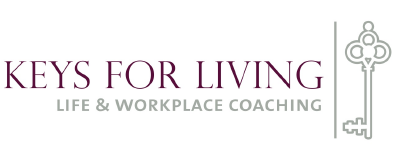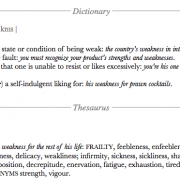NEED MORE OPTIONS? SHIFT YOUR PERSPECTIVE
In modern life we prize having multiple options and choices, but one of the greatest limitations to achieving these are our own thoughts and perceptions. Therefore, an ability to challenge and shift our own perspectives, and therefore our perceptions, is a huge asset – especially if we occupy a leadership role.
“We don’t see things as they are, we see them as we are.”
Anais Nin, Author 1903-1977
OUR PERCEPTIONS HELP US TO SURVIVE
We continually ask questions of our environment, our safety and of ourselves, as they are essential in making the string of judgements and moulding the beliefs required to function and survive effectively. This is what kept us alive in the wild, and it is what we have to do constantly in order to make daily and life decisions. In this subliminal minute by minute flow of ‘what do I do next?’ the decisions we take and the choices we make are conditioned by the questions we pose.
WHEN PERCEPTIONS CAN BE DETRIMENTAL
The nature of the questions we ask of our lives or our world will condition the answers we receive. These answers, in turn, can reinforce beliefs we already hold. But what if a particular belief is negative and erroneous, for example ‘I can’t’, ‘I’m useless’, ‘I’m good for nothing’, ‘no one likes me’. What if our perspectives and perceptions lead us to judgements and beliefs that can be to the detriment of ourselves or of those around us?
PERSPECTIVE CAN CHALLENGE PERCEPTION
If our thinking takes us up a blind alley, particularly at work, a useful and sometimes challenging exercise, is to abandon our line of enquiry and follow instead a thread someone else puts forward – usually a friend or a colleague. This may feel uncomfortable simply because we are removed from our normal channels of thought. We may be compelled to move in a direction that would not be our automatic choice given our own upbringing and conditioning – that direction may even be counterintuitive.
THE BENEFIT OF THE ALTERNATIVE ROUTE
The benefit is that we are really challenging our own thinking. In fact, the more uncomfortable this process becomes the greater the rewards can be. This is particularly true when meeting an obstacle in a project at work or in our lives in general. Simply put, if a chosen line of thought proves stubborn then take a run at it from a different direction to that you would intuitively select. This can serve a purpose if only to confirm that we were on the right line already: discounting an alternative route – properly explored – can really shake up progress.
If we care to look, the perspective of questions others may pose of us can often be far more illuminating in areas we may not even have thought to explore. There is always a way out of a maze: approaching a problem or challenge from an altered perspective creates options and choices and can get a stalled situation on the move once again. While true and lasting change may not come easily, the journey can be exhilarating and liberating once the shackles of our own modes and conventions have been tested robustly.
Alan Keyse is a fully qualified Business and Life Coach who now applies his 30 years of experience as a sales executive to coaching Emotional Intelligence to business leaders, executives, managers and their staff. Alan specialises in stress reduction; conflict avoidance; & employee engagement.





